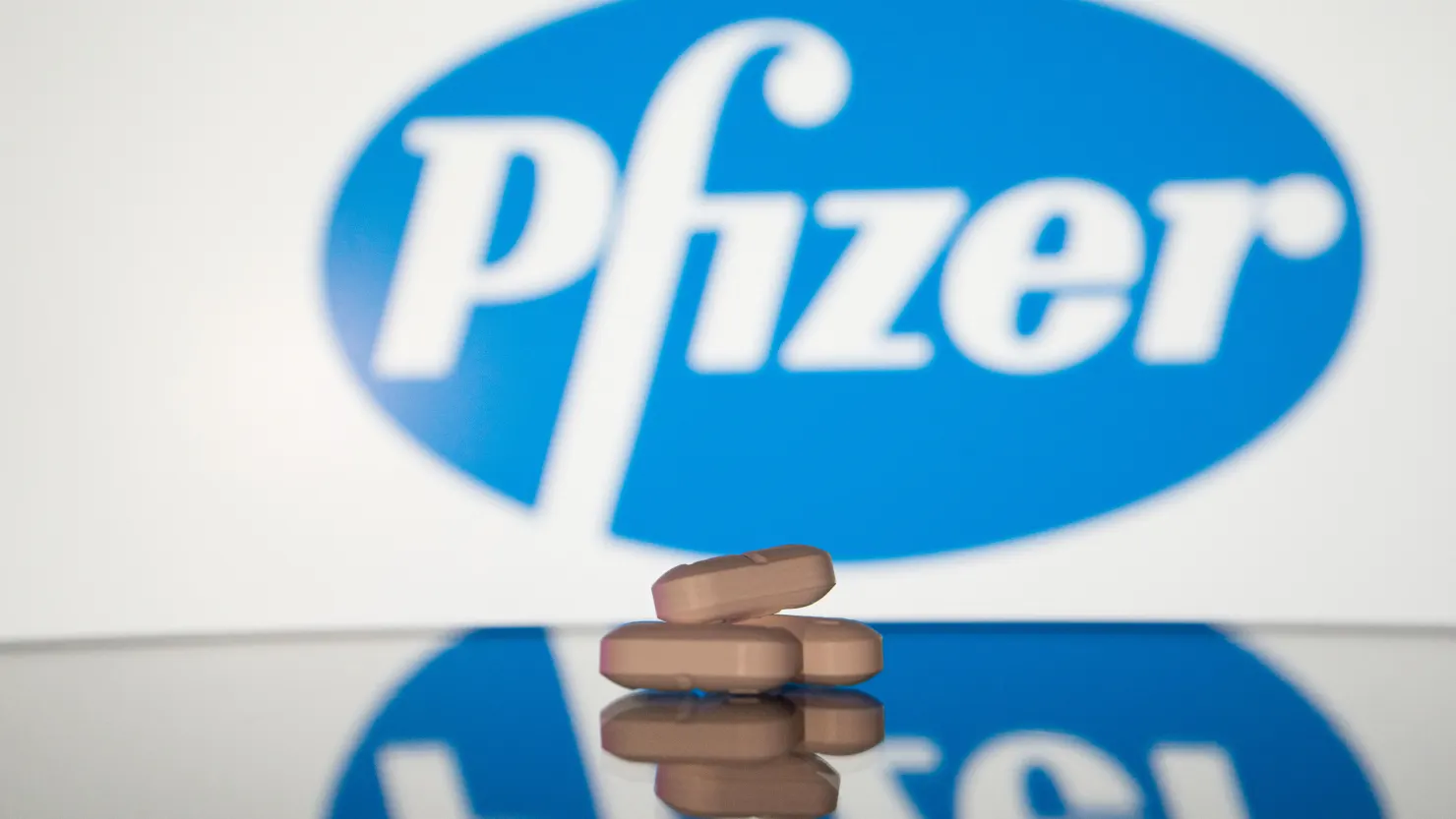Pfizer announced on Monday that it would end the development of its experimental weight loss pill, danuglipron, after a patient in a clinical trial experienced a liver injury potentially linked to the drug. While the patient did not show any symptoms or side effects related to liver issues, the company reported that the patient’s liver enzyme levels were elevated, a sign of potential liver cell damage. These elevated enzymes returned to normal once the patient stopped taking the pill. The incident occurred in a trial where the drug’s dose was rapidly increased over a short period, which could have contributed to the adverse effect.
Pfizer decided to halt development of danuglipron after reviewing all clinical data and receiving input from regulators. Despite the disappointment of discontinuing the drug, Pfizer remains committed to advancing other promising medicines, including new treatments for weight loss. The company emphasized that it would continue its work on other weight loss drugs in its pipeline. Pfizer’s decision highlights the challenges it faces in the competitive and growing GLP-1 market, which includes drugs designed to mimic gut hormones that reduce appetite and help regulate blood sugar.
Pfizer’s pursuit of oral GLP-1 drugs, like danuglipron, comes as the company seeks to offer a more convenient option than the currently dominant weekly injection treatments. However, it faces significant competition from companies like Eli Lilly and Novo Nordisk, which have established products in the GLP-1 space. Analysts estimate that the GLP-1 industry could be worth over $150 billion by the early 2030s, with oral GLP-1 drugs potentially accounting for $50 billion of that total.
Pfizer had already scrapped a twice-daily version of danuglipron in December 2023 due to patient intolerance in a mid-stage trial. Despite the setback, Pfizer is exploring other experimental drugs, including an oral drug targeting a different gut hormone, GIPR, which could offer patients a more effective and tolerable alternative. Pfizer’s latest move follows other recent struggles in the GLP-1 space, but it continues to focus on developing innovative treatments for obesity.
While the setback is significant, Pfizer remains optimistic about the potential of its broader pipeline, which includes cancer drugs and other obesity treatments. The company is working to recover its position after the decline of its COVID-related business and to capitalize on its long-term growth prospects.
READ MORE:
